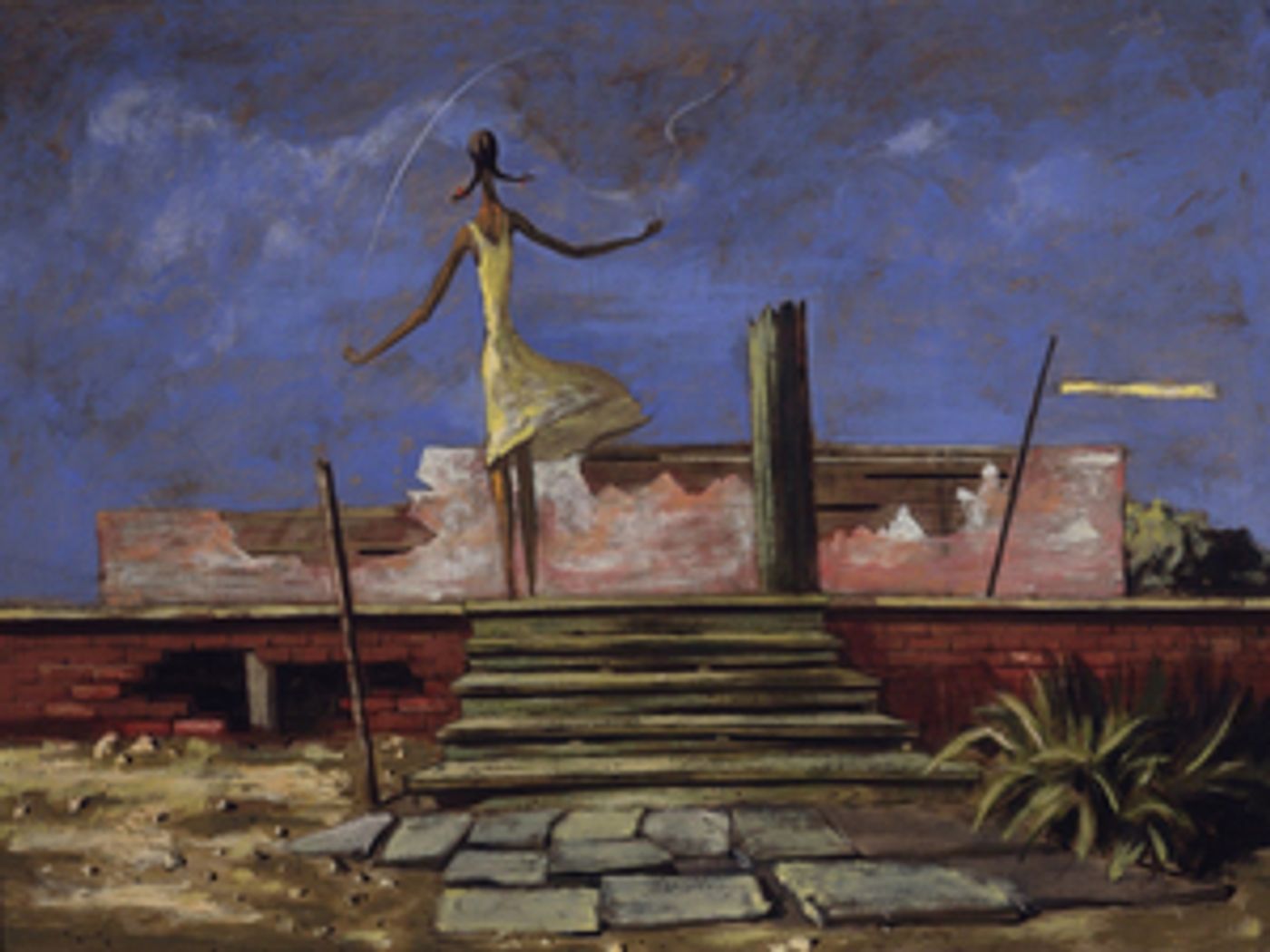The Frederick R. Weisman Museum of Art Presents 'The Cultivators: Highlights from the Kinsey African American Art and History Collection'
The Cultivators will be on view at the Weisman Museum of Art from January 15 to March 27, 2022.

Pepperdine University's Frederick R. Weisman Museum of Art presents the exhibition The Cultivators: Highlights from the Kinsey African American Art and History Collection, featuring masterful works of art, photographs, rare books, letters, and manuscripts that chronicle the achievements and contributions of African Americans over the last five centuries. Curated by Khalil Kinsey and Larry Earl, The Cultivators includes some of the collection's signature objects, which have traveled the globe to more than 30 venues over the last 15 years, along with works that have never before been shown publicly. Marking the first hometown presentation of the Kinsey Collection since 2007, The Cultivators will be on view at the Weisman Museum of Art from January 15 to March 27, 2022, and will be accompanied by a full slate of public programs, including an opening day celebration on January 15, 2022.
Representing the intersection between art and history, the exhibition covers the lives, accomplishments, and artistry of African Americans from the 16th century through the years of slavery and emancipation, to the Civil Rights Movement and up to the present day. Important objects include bills of sale, advertisements, letters, and legal papers documenting the slave trade; hand-colored tintypes from the Civil War era; art and literature from the Harlem Renaissance; and items spotlighting key moments in the Civil Rights Movement, which are linked in this presentation to the story of the 1963 student protests at Florida A&M University. Bernard and Shirley Kinsey began their journey together at Florida A&M before eventually settling in California, where they both earned graduate degrees from Pepperdine University and raised a son, Khalil, who now serves as chief operating officer and chief curator of the Kinsey African American Art and History Collection and Foundation.
"We are proud to be hosting the Kinsey Collection here at Pepperdine," said Pepperdine University president Jim Gash. "Bernard and Shirley Kinsey rank among our most prestigious alumni and are venerated for their leadership in both business and education. We look forward to how this exhibition will facilitate greater understanding and appreciation for African American contributions and achievements to our nation's history, as well as foster increased community between Pepperdine and the city of L.A."
The Kinseys' art collection reflects their journey of self-discovery, respective upbringings, and shared experiences. Discovering new places and ideas through travel has shaped their vision of themselves as cultural caretakers of Black history and culture, charged with sharing it with the world. The Cultivators charts a history of African American art through more than 30 exemplary works by celebrated figures, including Ernie Barnes, John Biggers, Bisa Butler, Elizabeth Catlett, Robert S. Duncanson, Sam Gilliam, Jacob Lawrence, Norman Lewis, Augusta Savage, Henry Ossawa Tanner, Alma Thomas, Charles White, and many more.
The Kinseys believe their collection helps give a well-rounded look at the African American experience and the integral roles African Americans played in building this country, providing new perspectives on chapters of the nation's history which have been ignored-a phenomenon Bernard Kinsey calls "the myth of absence," borrowing a phrase coined by scholar Lerone Bennett Jr. "We see ourselves as stewards and caretakers of this collection, and it is incumbent upon us to share these stories, this history-American history-with as many people as possible in as many places as possible," Shirley Kinsey said. "Through our collection, we honor our ancestors who were lost, stolen, left behind, but not forgotten. The journey continues."

Videos

